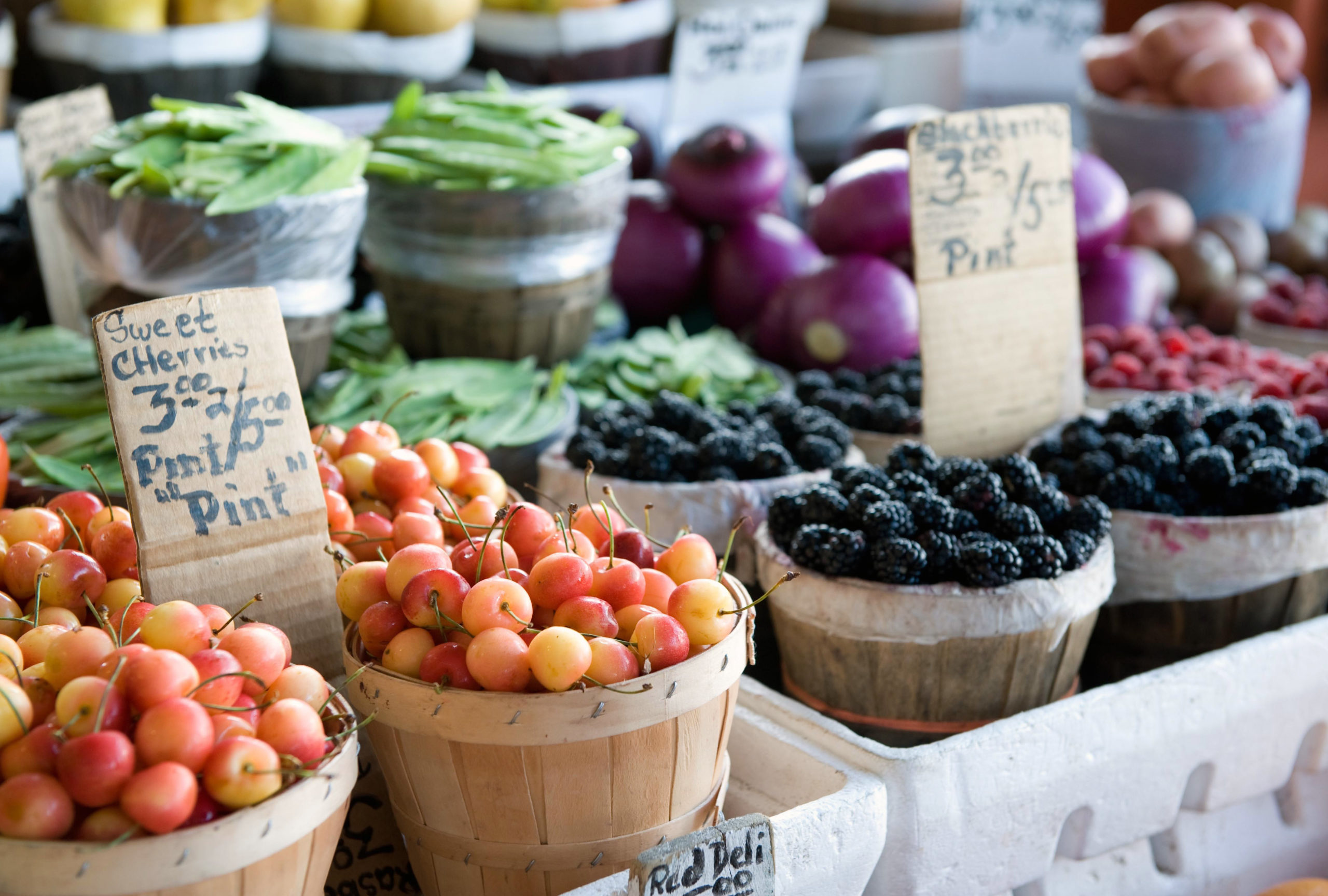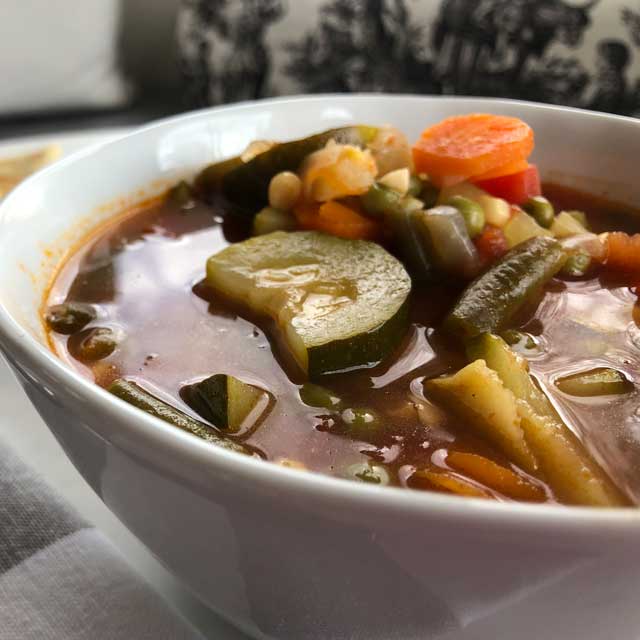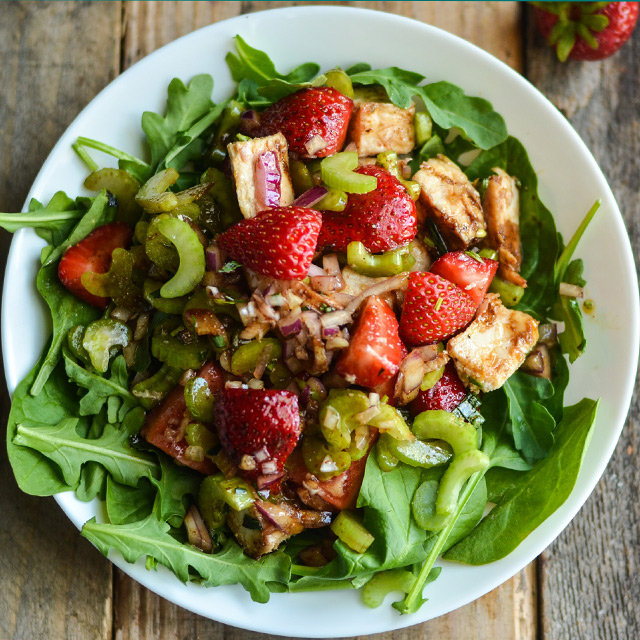When shopping at your local farmers markets, keep food safety in mind.
Warm weather brings the beginning of farmers market season across Tennessee. With more than 120 farmers markets across Tennessee, finding fresh fruits and vegetables, grass-fed meat, baked artisan goods and other local favorites continues to become easier.
Whether you shop at farmers markets to support environmentally friendly, sustainable farm practices, establish positive relationships with local growers and their families, or simply to get out and enjoy your local community, there is something for everyone to love. Farmers markets are great places to purchase fresh foods that are nutrient-rich and locally grown. As these markets grow in popularity, it is essential to follow some basic guidelines to ensure the food you purchase is safe.
Regulations at both the federal and state level are in place to keep consumers safe from foodborne illness. Despite established regulations, it’s important to keep food safety tips in mind, as food contamination can occur during production, processing or distribution.
Farmers market food safety shopping tips
The United States Department of Health and Human Services, in addition to other state extension agencies, offer the following food safety tips:
Beverages & dairy products
- Do not purchase juice, cider, milk, cheese or other dairy products that have not been pasteurized. In Tennessee, raw milk cannot be sold for human consumption, as it can potentially harbor bacteria that can lead to food poisoning.
Eggs
- Ensure that eggs are stored at 41°F or below.
- Before purchasing, open the carton and make sure the eggs are clean and free of cracks.
Fruits, vegetables & herbs
- Check all fruits and vegetables for bruising and damage. Cuts or holes are common places for bacteria to grow.
- Wash fruits, vegetables and herbs under running water for about 20 seconds prior to preparing or eating to remove bugs, dirt and pesticides. Find out what fresh produce is in season this spring/summer season.
- Fruits that contain a peel such as melons or bananas should also be washed thoroughly, as bacteria on the outside peel can be transferred inside when peeling or cutting into.
Meat, poultry & seafood
- Ensure that meat, poultry and seafood are properly chilled. They should be refrigerated at 41°F or below or frozen at 0°F or below.
- Bring a cooler/insulated bag that contains ice or ice packs to store meat, poultry and seafood.
- Meat should be stored separately from other purchases so that raw meat juice, which could contain harmful bacteria, does not contaminate other items.
Additional tips
- Be wary of ready-to-eat foods such as dips, sandwiches and other samples. Ask the vendor how the item was prepared and how long it has been sitting out.
- Assess the stand’s overall cleanliness. Check that the employees are using proper food-handling procedures like utilizing clean serving utensils and their coolers/storage containers are clean and well-maintained. Vendors without hand-washing stations or those located directly in the sun may be selling products that pose a higher food safety risk.
- Check the product package if you need clarification on ingredients or food allergens. According to Tennessee regulations, product labels must contain the name and address of the business, content weight, common or unusual name of the food and its ingredients, and use of any of the eight major food allergens.
- If you bring reusable bags to the farmers market, wash them frequently to ensure that newly purchased items are not contaminated with bacteria.




